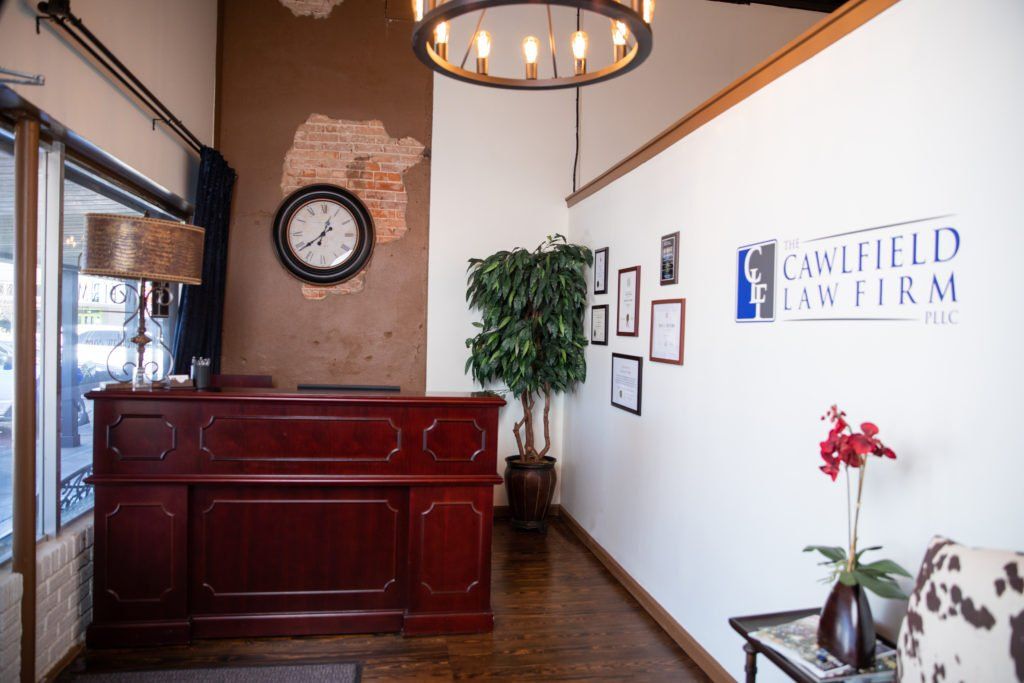Why You Should Stop Procrastinating and Start Putting Together Your Estate Plan
Why You Should Create an Estate Plan
We know estate planning isn’t the most fun thing to think about. We have heard all the excuses. Below we outline the most common reasons why people have not put together their estate plan and why we think you should.
“I don’t really know what estate planning is.”
It is easy to put off something you don’t really know how to do. Luckily, we are here to help. An estate plan is a legal plan that is set up in case anything was to ever happen to you. In it, you designate your beneficiaries, how your assets will be divided, and who will be responsible for handling various aspects of your legacy, including who will care for your children. Not only will your estate plan help ensure your loved ones are cared for long-term, but it will also help alleviate the stress that comes with dealing with logistics during a difficult time.
“I’m too young, I don’t need an estate plan yet.”
The harsh reality is that accidents and tragedies can happen at any age. More than likely you have property or family that needs to be cared for in the event that you can no longer care for them. Almost everyone over the age of 18 should plan for the unexpected.
“I thought estate planning was only for the wealthy.”
If you have a wristwatch, you have an estate. Your home, and all of its furnishings, are part of your estate. Even your pets are within your estate. In fact, if you own the device on which you are reading this, you have an estate. If you would like your property to transfer according to your wishes, you need to have an estate plan. And if you have children, your estate plan will include designating who will be the guardian of your children in the event of a tragedy. Without this planning, decisions will be made by the government and decided for you.
“I don’t have the time or money.”
Many individuals are tempted to delay the process of estate planning because they believe it would be costly, complicated, or time-consuming. The Cawlfied Law Firm is here to help make this process as stress-free as possible. We can meet in person, via Zoom, or over the phone to discuss your needs, whichever is most convenient for you. We also have flat rate fees and coordinate payment-plans. You simply have to take that first step and call us.
“What if I am not sure who I want to designate as my beneficiary or guardian or I change my mind later?”
Your estate plan does not have to be set in stone. Things happen in life where your estate plan will need to be updated. As life changes, so do estate plans. Importantly though, this does not mean you should avoid putting a plan together now because you never know what will happen tomorrow. You can always update it later if you need to.
“I already did my will when I first married. Why do I need to look at it again?”
Your circumstances change with every life event. You may be surprised by how your assets, desired beneficiaries, and designations will change over the years. Any additions or changes to your family are especially important to review to ensure your estate plan stays up-to-date. We suggest reviewing your plan every three to five years.
Stop procrastinating and pick up the phone to call us for a free no-obligation consultation. We are here to educate you about this process and make it as stress-free for you as possible. We can be reached at (972) 435-7938.










